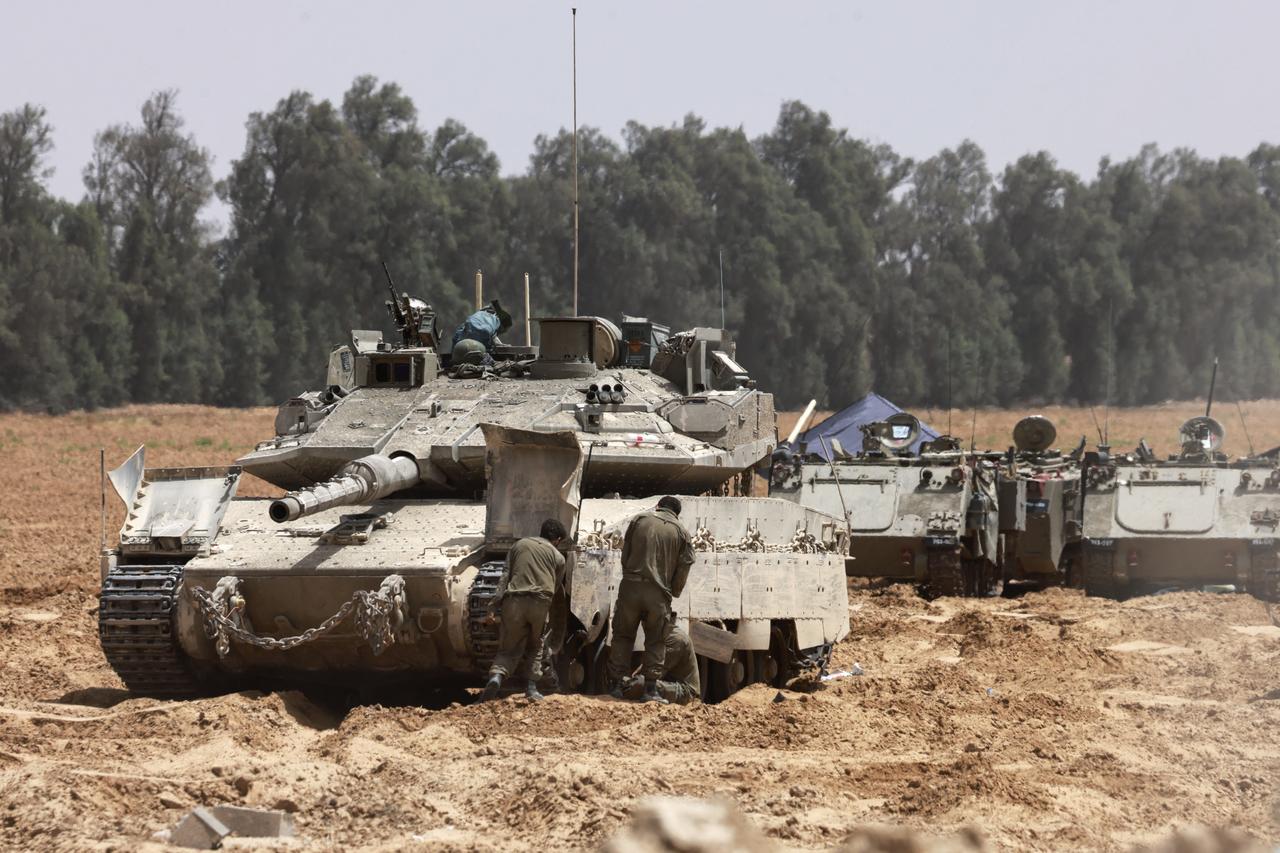
Israel has launched a new major offensive in Gaza dubbed "Operation Gideon's Chariots," with the military announcing Sunday it had begun "extensive ground operations" across northern and southern parts of the enclave.
The escalation comes as indirect talks between Israel and Hamas in Doha have reportedly yielded no progress toward a cease-fire.
Palestinian health authorities reported at least 130 people killed in Israeli strikes overnight, including dozens of children, as the conflict enters a new phase of intensified fighting.
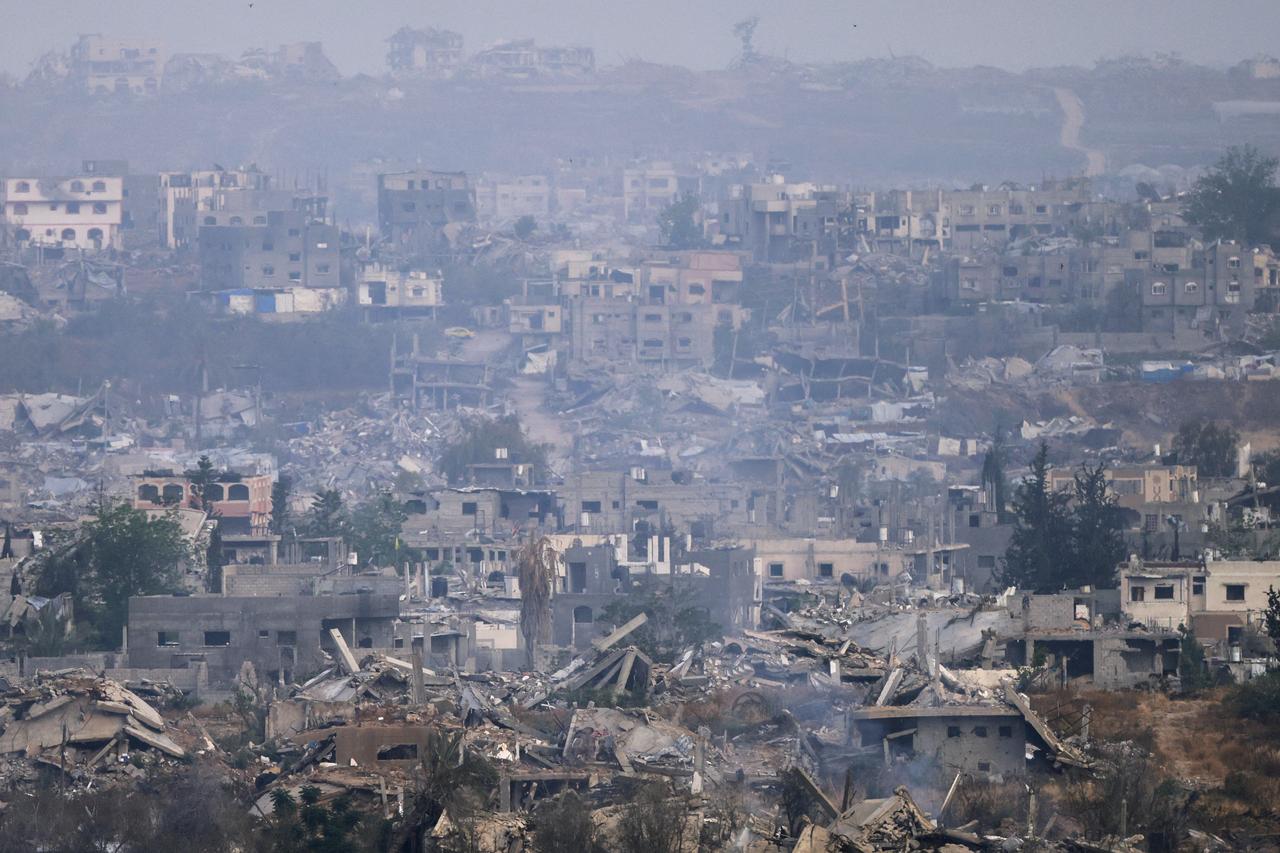
The Israeli military said it conducted preliminary strikes on more than 670 alleged Hamas targets across Gaza over the past week to prepare for the ground offensive.
In a statement shared on social media, the Israeli army claimed its forces have "eliminated dozens of terrorists, destroyed terrorist infrastructure above and below ground, and are now occupying controlled areas in the Gaza Strip."
"Over the past 24 hours, Israeli army forces in the Southern Command, both regular and reserve, began a broad ground operation throughout the northern and southern Gaza Strip," the Israeli military statement said.
The attack plan was approved by the Israeli security cabinet on May 4.
Following US President Trump's visit to the Gulf countries on May 13-16, Israel announced that it planned to take action for attacks that would expand and make the occupation of Gaza permanent and drive Palestinians to the south of the Strip.
Israeli media reported that preparations would be made in the first phase of the 3-stage plan, intensive airstrikes would be organized in the second phase, and ground attacks would begin in the third phase.
The Israeli army announced that it organized airstrikes on the night connecting Friday to Saturday as part of the plan.
Unlike the previous ground attacks, it was pointed out that the Israeli army, which occupied a large area in the Gaza Strip, would not leave the areas where it organized new attacks.
About 70% of the Gaza Strip has been declared a “no-go zone” for Palestinians.
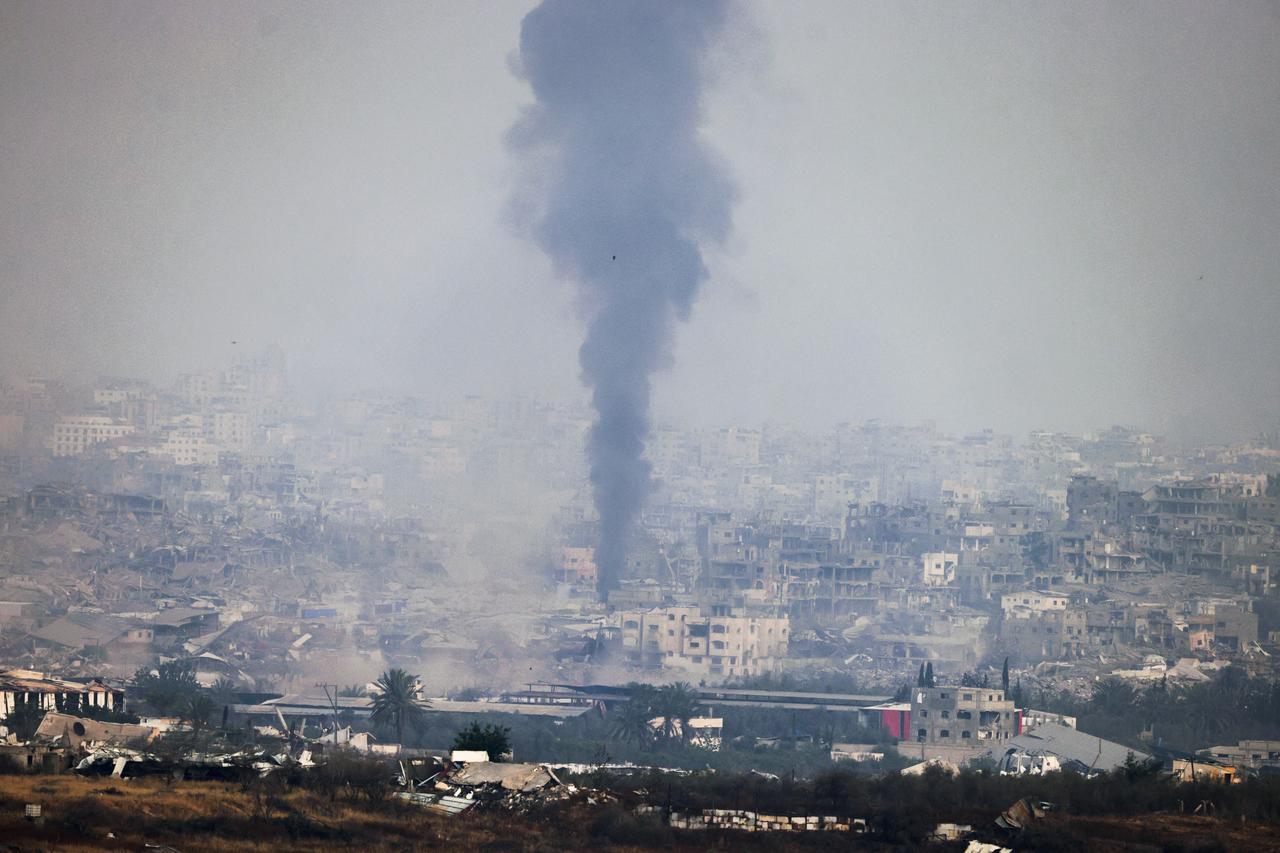
In northern Gaza, at least 43 people were killed in multiple strikes, according to first responders from the Gaza health ministry and civil defense. Among the dead were 15 children and 12 women, according to Gaza City's Shifa Hospital.
In the southern city of Khan Younis, more than 48 people were killed in airstrikes that hit houses and tents sheltering displaced people, according to Nasser Hospital. The hospital's spokesperson, Weam Fares, said the dead included 18 children and 13 women.
The Indonesian Hospital, the main medical facility in northern Gaza, was forced to shut down due to fighting in the area and what health officials described as an Israeli military "siege." This closure follows the earlier shutdown of two other northern Gaza hospitals, Kamal Adwan and Beit Hanoun, due to Israeli strikes.
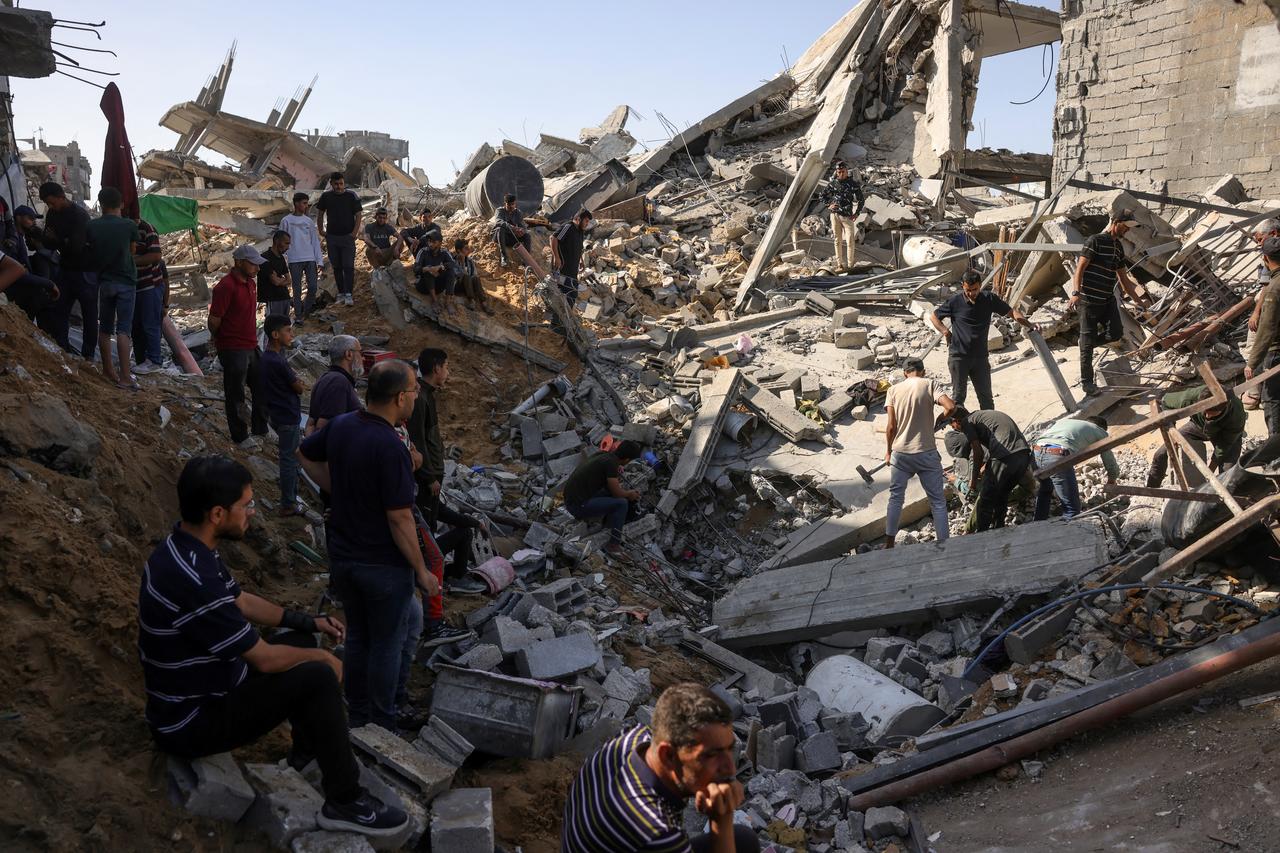
The military escalation comes as sources from both sides reported no progress in a new round of indirect talks between Israel and Hamas in Qatar.
According to Israeli state television KAN, Israel's Prime Minister's Office claimed the country is open to an agreement that would include the release of all Israeli hostages, the exile of Hamas from Gaza, and the demilitarization of the territory.
A Hamas official told Reuters that "Israel's position remains unchanged; they want to release the prisoners (hostages) without a commitment to end the war." Hamas has proposed releasing all Israeli hostages in exchange for ending the war, withdrawing Israeli troops, lifting the aid blockade, and releasing Palestinian prisoners.
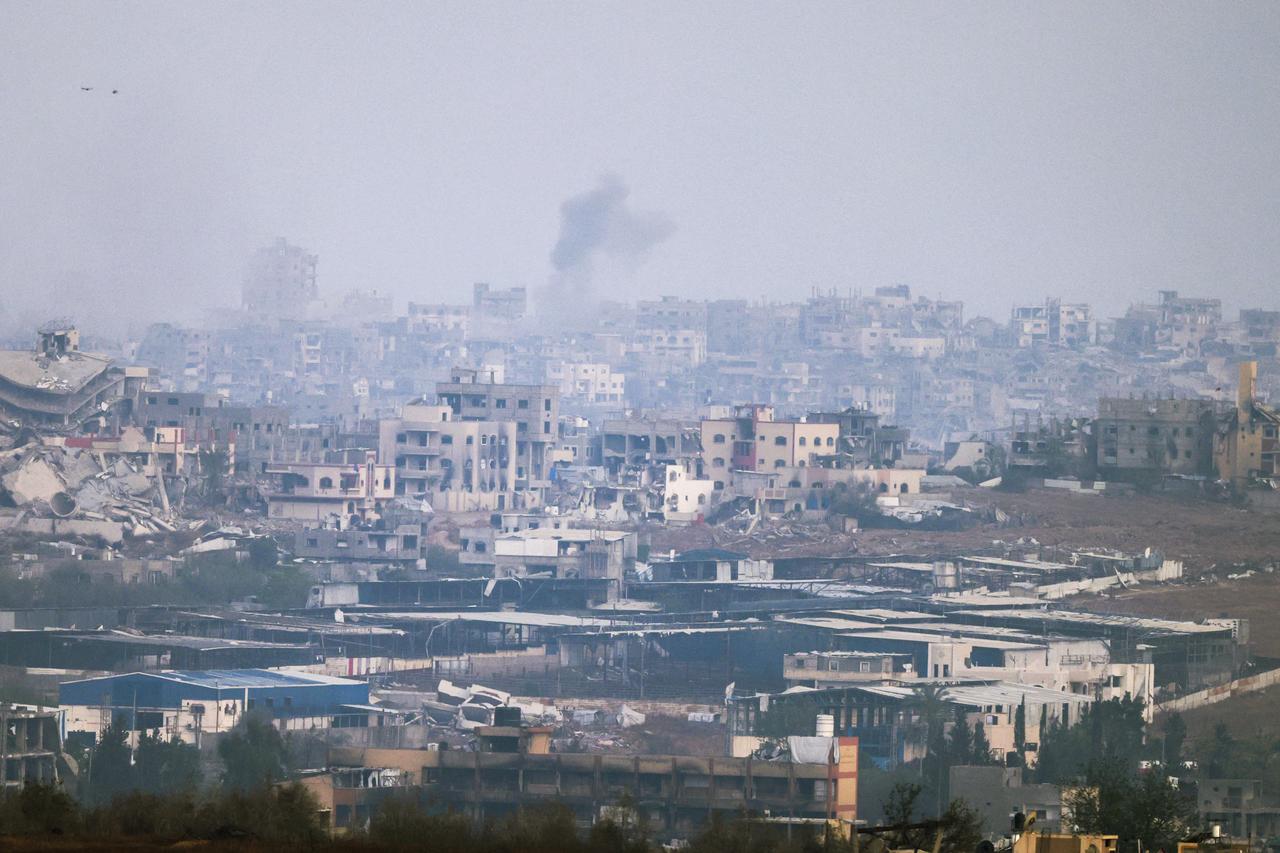
US President Donald Trump's special envoy to the Middle East, Steve Witkoff, acknowledged the concerning humanitarian conditions in Gaza during an interview with ABC News.
"Everyone is concerned about the humanitarian conditions in Gaza," Witkoff said. "That said, it is a very complicated situation there. I think the issue now is how to logistically get all of those [aid] trucks into Gaza? How do we set up the aid stations?"
Witkoff noted that Washington is working on initiatives, including sending mobile kitchens into Gaza, adding that Israel has said it will allow more aid trucks to enter the territory.
"That said, it is a very complicated situation there. Logistically, we are—I don’t think there’s any daylight between President Trump’s position and Prime Minister Netanyahu's position. The issue now is—I think the issue now is, how do we logistically get all of those trucks into Gaza? How do we set up the aid stations? There are many things—initiatives that we are working on to address this. There are going to be mobile kitchens that are going to be sent in there. The flour—we have trucks with flour waiting at the border. The Israelis have indicated that they’re going to begin to allow a lot more of these trucks to get in," Witkoff stated.
"But it is complicated. It is logistically complicated. And the conditions on the ground are dangerous. There are still many unexploded shells all over the place. So, we have to be mindful of that. But that said, we do not want to see a humanitarian crisis, and we will not allow it to occur on President Trump’s watch," he concluded.
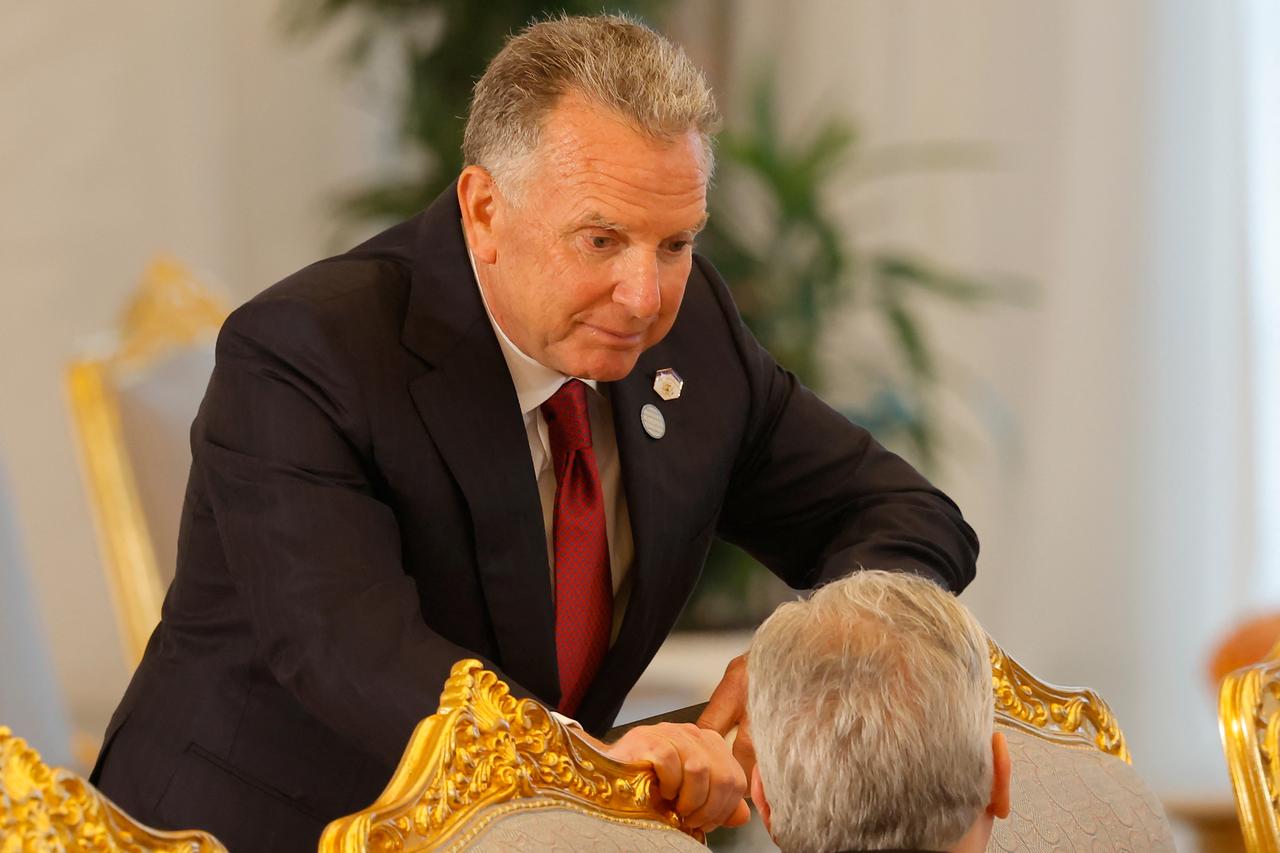
As the Gaza conflict intensifies, fighting has also escalated between Israel and Iran-backed Houthis in Yemen. The Israeli military said it intercepted a Houthi missile launched at the country early Sunday, which triggered air raid sirens across multiple parts of Israel.
The Houthis claimed they fired two ballistic missiles—including a hypersonic one—toward Israel's main airport near Tel Aviv, whose grounds were struck by a Houthi missile earlier this month.
Since the Gaza war gained a new level of intensity in the aftermath of October 2023, more than 53,000 Palestinians, mostly civilians, have been killed by Israel, according to health authorities, while Israel's initial death toll from the Hamas attack on Oct. 7, 2023, stands at approximately 1,200 people.